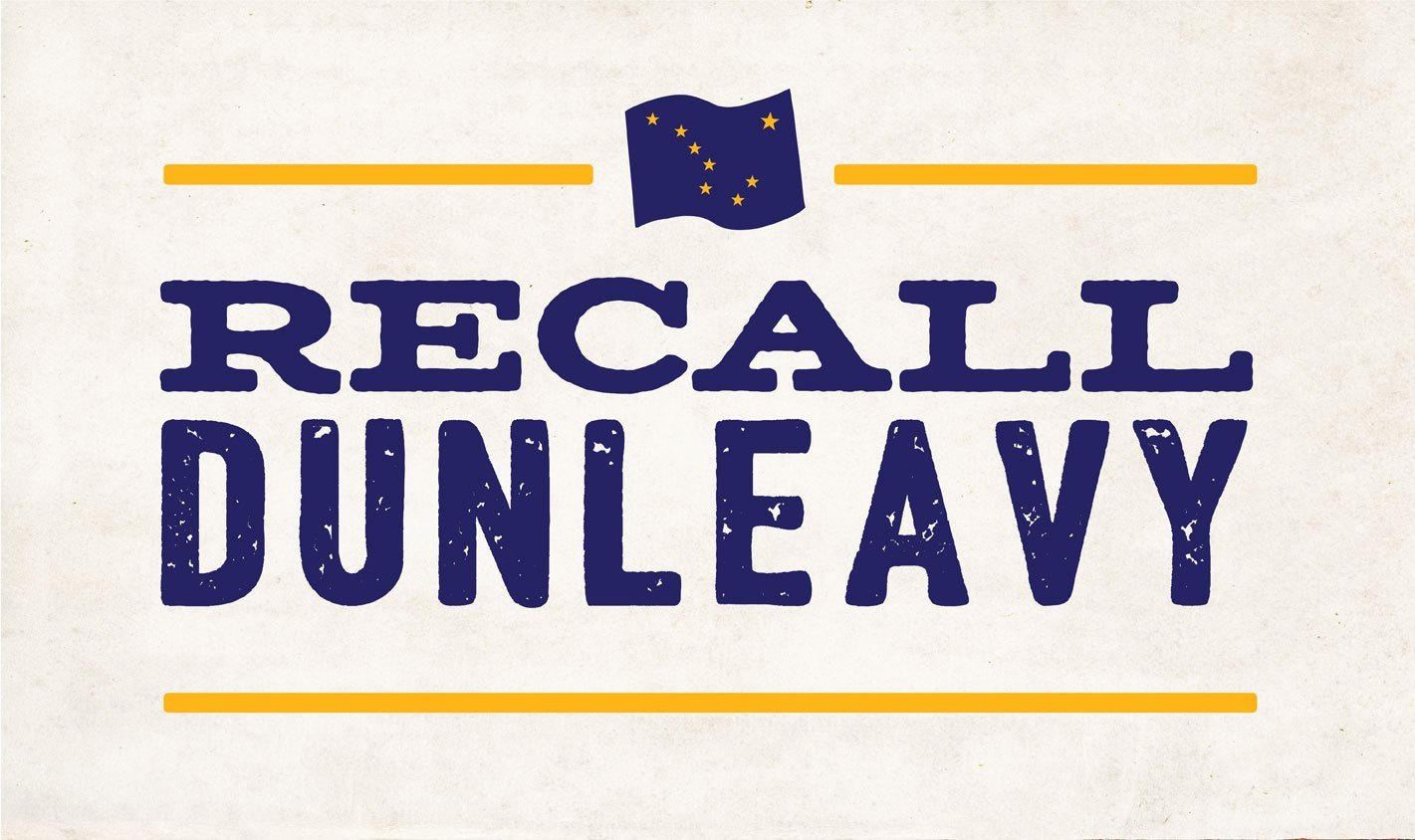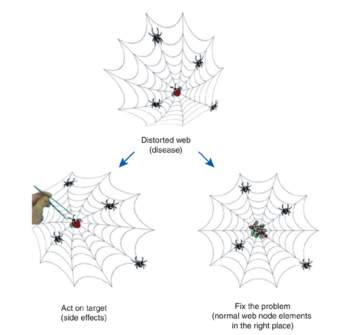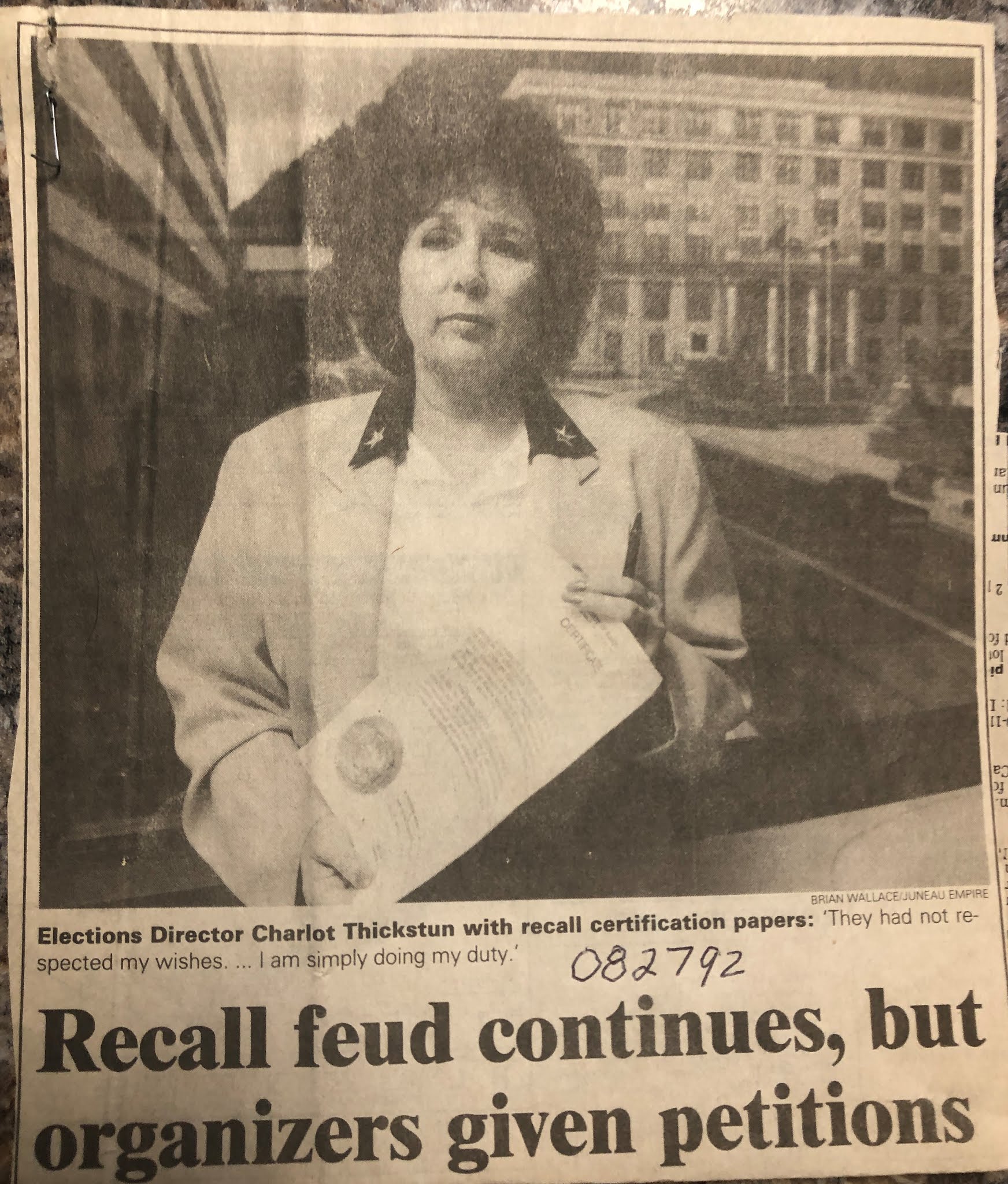Alaska Recall Madness
(2020©donnliston.com)
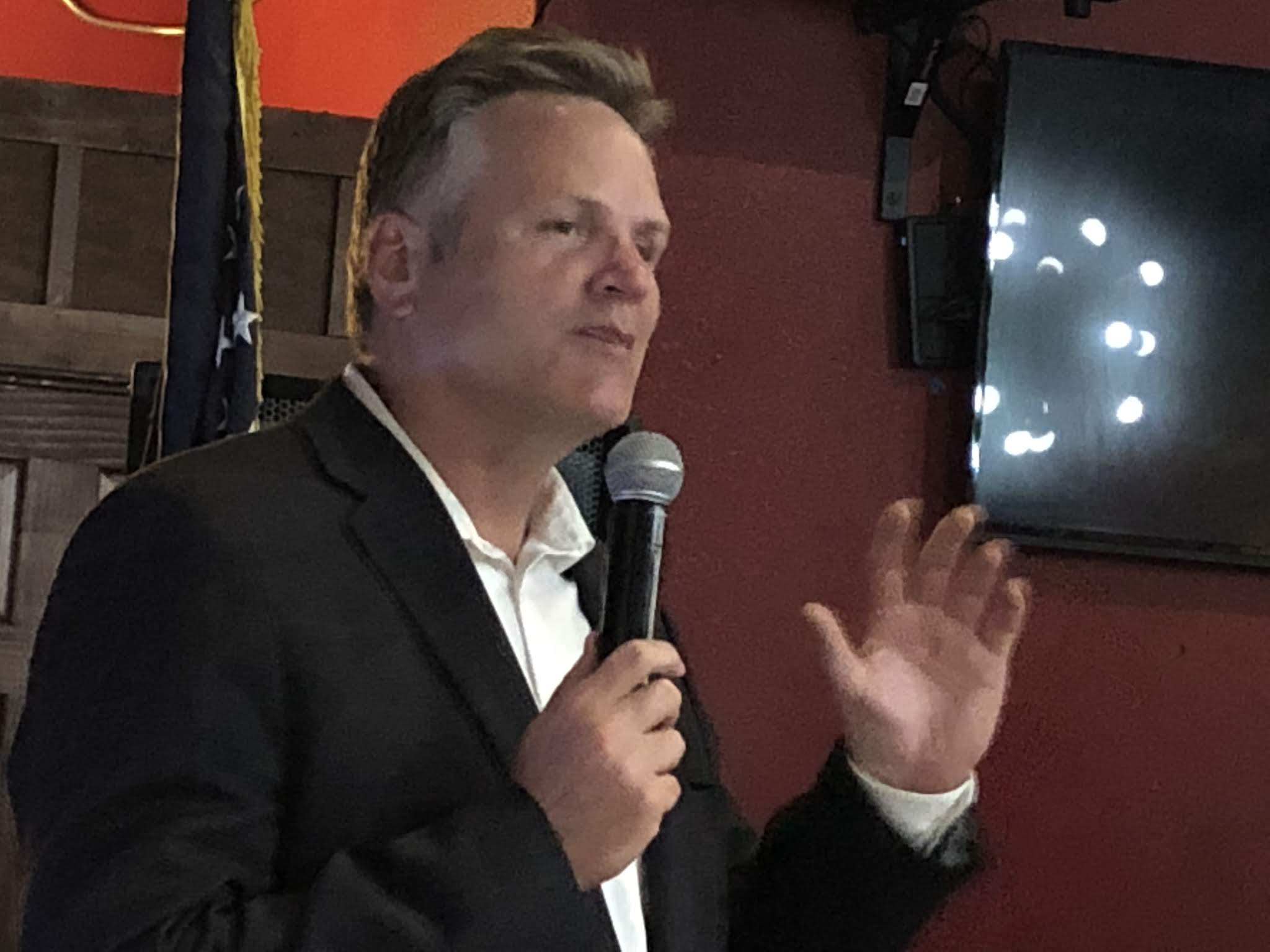 |
| Mike Dunleavy spoke to Alaskans in Eagle River during his campaign for governor. |
Children
often must be taught the disgrace of a sore loser. I have done it on the
playground, helping the crying child know that losing is part of the fun of
playing competitive sports. In most games somebody loses if somebody else wins!
Politics
is a competitive sport; active players win some and lose some.
Children
not taught about how to lose gracefully may grow into insufferable adults who
may not even know that sore losing is a character flaw. Winning is everything for
these fools, and to lose is to be defeated at a deep emotional level. We have
all seen people who demonstrate behaviors–which alienate them from people they
want to have happy coexistence with–simply because somebody else won a contest
they lost.
During
the game, as victory slips away the sore looser may clam up and become
petulant, but the worst happens after the game is over. Instead of
congratulating the winner, they discredit an opponent who may have simply
played a better game. They can never admit they aren’t as good as they thought.
The resulting sour attitude creates animosity toward the winner for winning
instead of taking personal responsibility for losing.1
Political
Sore Losers
As a
political strategy sore losing is particularly small-minded. Nobody is elected
forever (except maybe Rep. Don Young!) but our system is designed
to allow voters to determine on a regular and predictable basis who will be
making policy and passing budgets between elections. In the case of Rep. Young,
for instance, over more than 40 years opponents have run against him every two
years and lost. At the state level our constitutional government trusts voters
to choose from candidates who argue in election campaigns for their vision and
capability for Alaska, offering themselves as candidates for election.
Our
Alaska Constitution is very specific when it comes to elections:
Article
III, Section 2 Governor’s Qualifications
The governor shall be at least
thirty years of age and a qualified voter of the State. He shall have been a
resident of Alaska at least seven years immediately preceding his filing for
office, and he shall have been a citizen of the United States for at least
seven years.
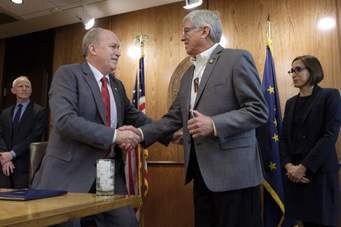 |
| Former Gov. Bill Walker and Lt. Gov. Byron Mallott once shook hands. |
Under
terms of the Alaska Constitution candidates for governor who don’t measure up
once elected are replaced in four years. The most recent example of this fact
was with one-term governor Bill Walker and Byron Mallott. Even
some of their previously strident supporters didn’t want to have to vote for
them again in 2018. So, the Democrats ran Mark Begich in high hopes he
would sweep into office after all of his previous accomplishments as Mayor of
Anchorage and U.S. Senator.
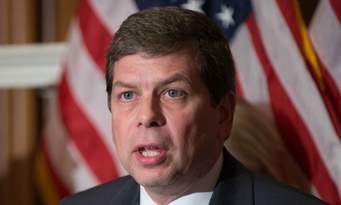 |
| Mark Begich, Anchorage School District Graduate |
Begich
was their boy, and he lost fair and square: Of 442 Precincts in Alaska during
the 2018 General Election, Republican Michael Dunleavy received 145,631 (53%) votes
to Begich’s 131,199 (46.50%) votes. The Libertarian candidate William S.
“Billy” Toien received 5,402 votes (1.91%) and Bill Walker (who
wasn’t even on the ballot) received 5,757 (2.03%) of the votes. So even if all
the other voters had selected Begich, the winner would still have been
Dunleavy.2
Even with such a clean win, by August of
2019 the sore losers were already mounting a recall campaign because they
disagreed with Dunleavy’s policy and fiscal decisions. A sympathetic Alaska
Court System could be counted on to help their effort because Dunleavy had vetoed
nearly $335,000 from the judiciary’s budget over rulings allowing “elective”
abortions.
This is their declared case against Gov. Dunleavy:
Statement of Grounds: Neglect of Duties,Incompetence, and/or Lack of Fitness, for
the following actions:
·
Governor
Dunleavy violated Alaska law by refusing to appoint a judge
to the Palmer Superior Court within 45 days of receiving nominations.
·
Governor
Dunleavy violated Alaska Law and the Constitution, and misused state
funds by unlawfully and without proper disclosure, authorizing
and allowing the use of state funds for partisan purposes to purchase
electronic advertisements and direct mailers making partisan statements about
political opponents and supporters.
·
Governor
Dunleavy violated separation-of-powers by improperly using
the line-item veto to: (a) attack the judiciary and the rule of law; and (b)
preclude the legislature from upholding its constitutional Health, Education
and Welfare responsibilities.
·
Governor
Dunleavy acted incompetently when he mistakenly vetoed approximately $18 million more
than he told the legislature in official communications he intended to strike.
Uncorrected, the error would cause the state to lose over $40 million in
additional federal Medicaid funds.
References: AS
22.10.100; Art. IX, sec. 6 of Alaska Constitution; AS 39.52; AS 15.13,
including .050, .090, .135, and .145; Legislative Council (31-LS1006); ch.1-2,
FSSLA19; OMB Change Record Detail (Appellate Courts, University, AHFC, Medicaid
Services).
Here again the Alaska Constitution is
specific:
Article XI Section 8 Recall
All elected public officials in the
State, except judicial officers, are subject to recall by the voters of the
State or political subdivision form which elected. Procedures and grounds for
recall shall be prescribed by the legislature.
The Alaska Legislature has prescribed
grounds for recall of a governor in AS 15.45.470-720 as “lack of fitness,
incompetence, neglect of duties, or corruption.”
In short, the threshold for proposing recall
of a governor is very shallow and shallow people will use it as a means for
accomplishing what they failed to accomplish in an election.
The Spoiled Brats
Allowing an elected official to do the
job in a position they are elected to is no longer good enough for some sore
losers. They are so invested in their former positions in the bureaucracy,
certain causes, and loser candidates, that they throw temper-tantrums and
attempt to mob the winner. The first time I observed this childish political
dystopia was when I was living in Juneau in the early 1990s. Some Alaskans
created a circus, by which Walter Hickel and Jack Coghill were
declared unfit for office because some disagreed with their vision for the
future of Alaska after the election.
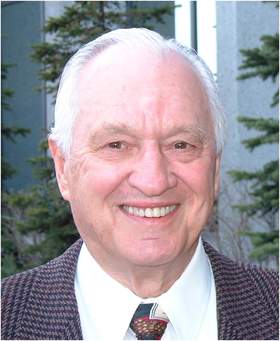 |
| Walter Hickel |
Hickel
had already been governor once and Coghill was a former senator. Hickel had a
distinguished career as an Alaskan public servant but as Lt Governor the crusty
Coghill was Hickel’s Achilles heel.
In the
November 6 election of 1990, Alaska Independent Party candidates Hickel/Coghill
won 75,721 (38.8%) votes in a very contentious election. Democrats Tony
Knowles/Willie Hensley had gained 60,201 (30.9%) for second place, and
Republicans Arliss Sturgulewski/Jim Campbell received 50,991 (26.1%) votes
for third place. Juneau’s 21 precincts favored Sturgulewski/Campbell by totals
of 5,031 to Knowles/Hensley 4,535, while Hickel/Coghill received 2,546 votes
there.3
Residents
of the capital city of Alaska simply did not consider the AIP candidate
legitimately elected. I personally watched treatment of this administration by
the community and local press coverage reflecting this bias.
Today Anchorage
Senator Sturgulewski is one of the Dunleavy Recall campaign co-chairs, along
with Joseph E. Usibelli
Sr., Chairman of the Board, Usibelli Coal Mine, Inc., and Vic Fischer, former
Democratic state senator, University of Alaska employee, and delegate to the
1955 Alaska Constitutional Convention
Tangled Web We Weave…
Martin
Nickerson was head of the Juneau recall effort. The campaign against
the administration was rich in ridicule and indignation at every act by this
administration, and after more than one year the recall effort leaders were
incensed to have their recall effort blocked for “insufficient grounds for the
action.” Nickerson is reported as saying the recall process in Alaska is
complicated and too easily affected by the administration, which runs the state
elections division.
Another
temper tantrum. Of course, Nickerson didn’t offer any suggestions as to who
better to remove a duly elected official. This was all just theater of the
absurd.
Again,
the Constitution: Article III, Section 7.
There shall be a lieutenant
governor. He shall have the same qualifications as the governor and serve for
the same term. He shall perform such duties as may be prescribed by law and may
be delegated to him by the governor.
The primary
purpose of the Lt. Governor is to provide a successor to the governor if that office
becomes temporarily or permanently vacant, according to Gordon Harrison
in “Alaska’s Constitution, a citizen’s guide.” His explanation of this section
of the Constitution includes the duties prescribed to the lt. governor by the
legislature as being to “administer state election laws, appoint notaries
public, serve as custodian of the state seal, and perform certain ministerial
duties relating to the promulgation of regulations under the Administrative
Procedure Act.”
So, if
you are serious about recalling the governor, it stands to reason you must also
recall the lt governor. That is what the Hickel recall effort endeavored to do
which the Dunleavy recall has not done.
 |
| Volunteers gather voter signatures in Anchorage, Alaska on Aug. 1, 2019 in an effort to oust Gov. Mike Dunleavy. (Photo courtesy of Anna Bondarenko) |
The
Hickel/Coghill Recall Circus
Former
state Attorney General Hal Brown, was hired as special counsel to look
at all the evidence and advise state elections director Charlot Thickstun
about whether the petitions to recall Hickel/Coghill complied with state law. Brown
was paid $10,000 for his review and she had been former Chief of Staff for
Coghill. When Brown advised Thickstun to deny the recall petitions plenty of
Juneau lawyers disagreed, declaring his findings just another effort by the
administration to stop the recall process.
Here
the story gets interesting.
Those
recall petitions charged Hickel/Coghill with being unfit for office,
incompetent and of using his office to intimidate those who challenged their
nominations and elections. In a page one Juneau Empire story
August 25, 1992 the committee also alleged that Hickel had neglected his duties
as governor:
Brown’s opinion said the
recall movement did not set out enough specifics to judge whether any of the
grounds were true. For instance, the petition said Hickel’s unfitness was
“demonstrated by lapses of memory and publicly admitted mistakes which far exceed
the normal bounds of sound judgment.”
Brown wrote: “How many lapses
of memory were involved and when did they occur?…How many lapses of memory or
publicly admitted mistakes does it take to exceed the ‘normal bounds of sound
judgment?’”
The recall petitions also
alleged as grounds for recall that Hickel used his office to promote a gas
pipeline project in which he owned stock; that he was incompetent in his
selection of state board and commission members; and was incompetent in
settlement negotiations with Exxon Corporation over the 1989 Prince William
Sound oil spill.4
The
group submitted 20,000 signatures and waited a month for a decision that might
require them to gather an additional 50,000 signatures to get on the ballot.
What fun they were having!
In the
same story Hickel’s spokesman, John Manly replied to reporter inquiries
about the special counsel’s recommendation, saying the governor had maintained
all along that the recall grounds were insufficient.
“Gov.
Hickel hasn’t done any of that stuff,” Manly said. “You may not agree with his
desire to build roads someplace, but that doesn’t mean he’s corrupt.”
Hickel
believed a road needed to be built to Juneau. That was an undeclared
impeachable offense to many residents of our isolated capital.
Nickerson
is quoted as threatening: “By the tens of thousands, the Alaska public has
indicated an interest in voting on the recall process. I think the public is
getting the top on their pressure cooker screwed down one more notch by this
opinion.”
Juneau
Empire story readers could see the recall would likely require
going to court, but the three ring circus moved to a new ring the next day,
when the Coghill-appointed Elections Director, Thickstun certified the next
step of the process to recall of her boss, Coghill, and Hickel anyway! She
insisted that she should be able to hire out-of-state legal counsel to advise
her on the legality of the recall petition. When the suits at the Department of
Law said she couldn’t do that, she issued her ultimatum in a memo to Attorney
General Charlie Cole.5
Cole
was not impressed, and instructed the elections director: “Brown’s opinion represents the position of
the state of Alaska, and accordingly you are expected to follow it.” When she
responded: “If they don’t like what I’ve done, they should by all means use the
opportunity to go back to court.”
Deputy
Attorney General Bruce Botelho said the Department of Law would indeed
initiate an action in Superior Court, saying Thickstun’s actions were the
latest evolution of a feud between the lieutenant governor’s office and the Law
Department.6
Lt.
Gov. Coghill immediately issued a press release backing Thickstun. Some
speculated in the Empire reports that Coghill believed he would
survive a recall but Hickel might not, making Coghill the governor. He denied
that conspiracy emphatically but the goal of those generating the recall effort
had been accomplished by the Hickel Administration being tied up like Gulliver
by many little people with petition clipboards.
Another
former Alaska attorney general, Edgar Paul Boyko came to the defense of
Coghill, arguing that Thickstun alone had authority to approve the petitions. A
colorful guy known to many Alaskans, Boyko represented another recall distraction
from the many accomplishments of the Hickel Administration.7
Ultimately
a fatherly Fairbanks Superior Court Judge Richard Savell found September 14, 1993 that the incompetence claim could be held against
Coghill for his admission he had never read Alaska election laws, and therefore
the voters should have had the right to determine if he was incompetent. But by then the point was moot because the children had lost interest in this game and
Hickel/Coghill finished their term.
New
Recall, New Waste of Time
Today
again the children are angry because they lost the election for governor after
having to abandon perhaps the worst governor in Alaska history, Bill Walker, in
his bid for re-election. They want a do-over.7
The Recall
Dunleavy brats know the state has a $66 Billion Permanent Fund and they believe
they should be able to spend it. Their governor started the process of denying
Alaskans their statutory PFD payments by executive action and a legislature
unable to cut budgets. As U.S. Senator their proposed replacement for Walker had left Anchorage in deep debt and was the 60th vote for Obamacare. They know Alaska spends more than it should have to for
union public employees–including teachers who they believe should not have to
be accountable for academic results. But, if Gov. Dunleavy is recalled, Lt. Gov.
Kevin Meyers becomes governor.
Is it time the black robes at Alaska Courts become the adults in the room and end
this madness? Another election is coming, you know.
References
1 https://whatnerd.com/signs-sore-loser-how-to-stop/
2http://www.elections.alaska.gov/results/18GENR/data/results18.pdf
3http://www.elections.alaska.gov/Core/Archive/90GENR/90genr.pdf
4Juneau Empire, “Legal Advice
Blocks Recall Effort,” by Dirk Miller, August 25, 1992.
6Juneau Empire, “Defiant
elections boss Oks recall,” by Dirk Miller, August 26, 1992
7 https://donnliston.net/2019/11/what-would-wally-hickel-do-2019.html
8https://www.courthousenews.com/effort-to-recall-alaska-governor-picks-up-steam/
